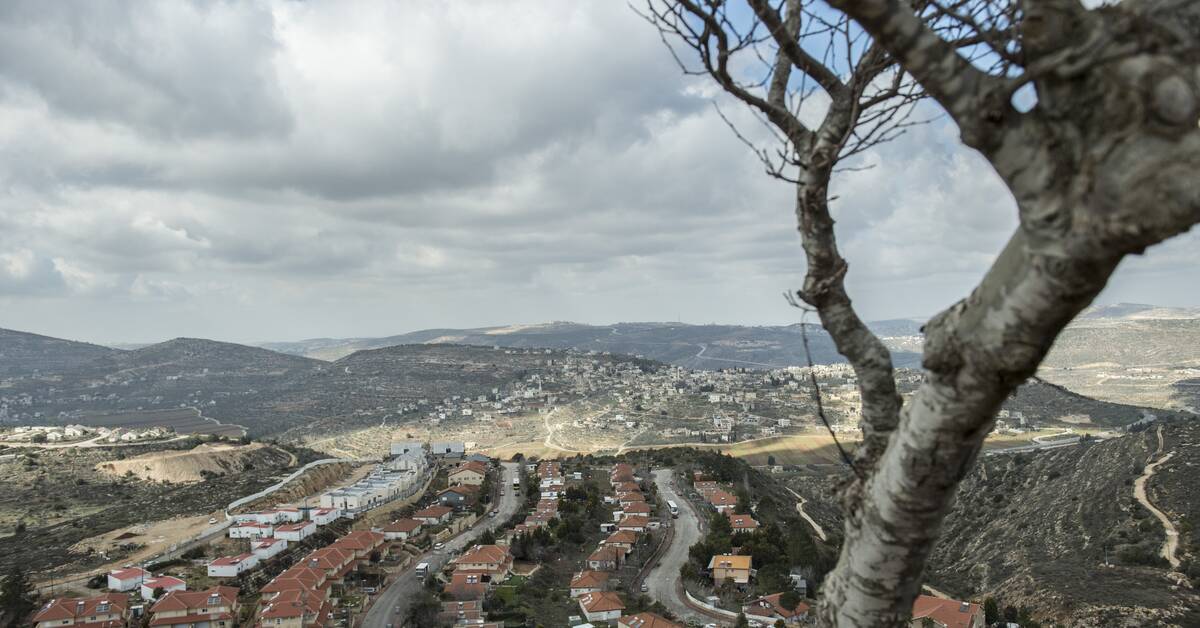The new proposal, developed by former Israeli and Palestinian peace negotiators, will be presented to the UN and Biden administration this week.
The proposal for a two-state solution is controversial and will be difficult to get through with both Israeli and Palestinian leaders.
"We have a prime minister who does not believe in a two-state solution, but that does not mean we should not address the issue," Yossi Beililn, a former Israeli peace negotiator who co-sponsored the proposal, told the Jerusalem Post.
The proposal would make Palestine an independent state in most of the West Bank, Gaza and East Jerusalem, that is, the territories Israel took in the Middle East War in 1967. Both Palestine and Israel would have separate governments, but coordinate work on security, infrastructure and other issues. affecting both Israelis and Palestinians.
Jewish settlers would be allowed to stay
The 500,000 Jewish settlers in the West Bank near the border with Israel would also have the opportunity to remain, along with an equal land exchange between the states.
Residents living further into the West Bank are offered to either move or become permanent residents of Palestine.
Palestinians would also be allowed to move to Israel and then receive an equivalent permanent residence permit there, such as Israelis in Palestine.
The new proposal is largely based on the agreement in the Geneva Peace Plan 2003, which Yossi Beililn co-produced.
- We believe that if there is no threat of confrontations with the settlers, it would be an easier solution for those who want a two-state solution, he says to AP.
"Must compromise"
Hiba Husseini, a Palestinian who drafted the new plan and was also a legal adviser to the Palestinian negotiating team in 1994, said the settlement proposal was controversial, but said it would meet the Palestinians' quest for a state.
"It will not be easy.
But in order to achieve the desired right to self-determination that we have been working with - actually since 1948 - we must compromise, "she tells AP.
The Israeli Foreign Ministry and the Palestinian Authority, the highest political body in the autonomous territories, have declined to comment on the new proposal.

